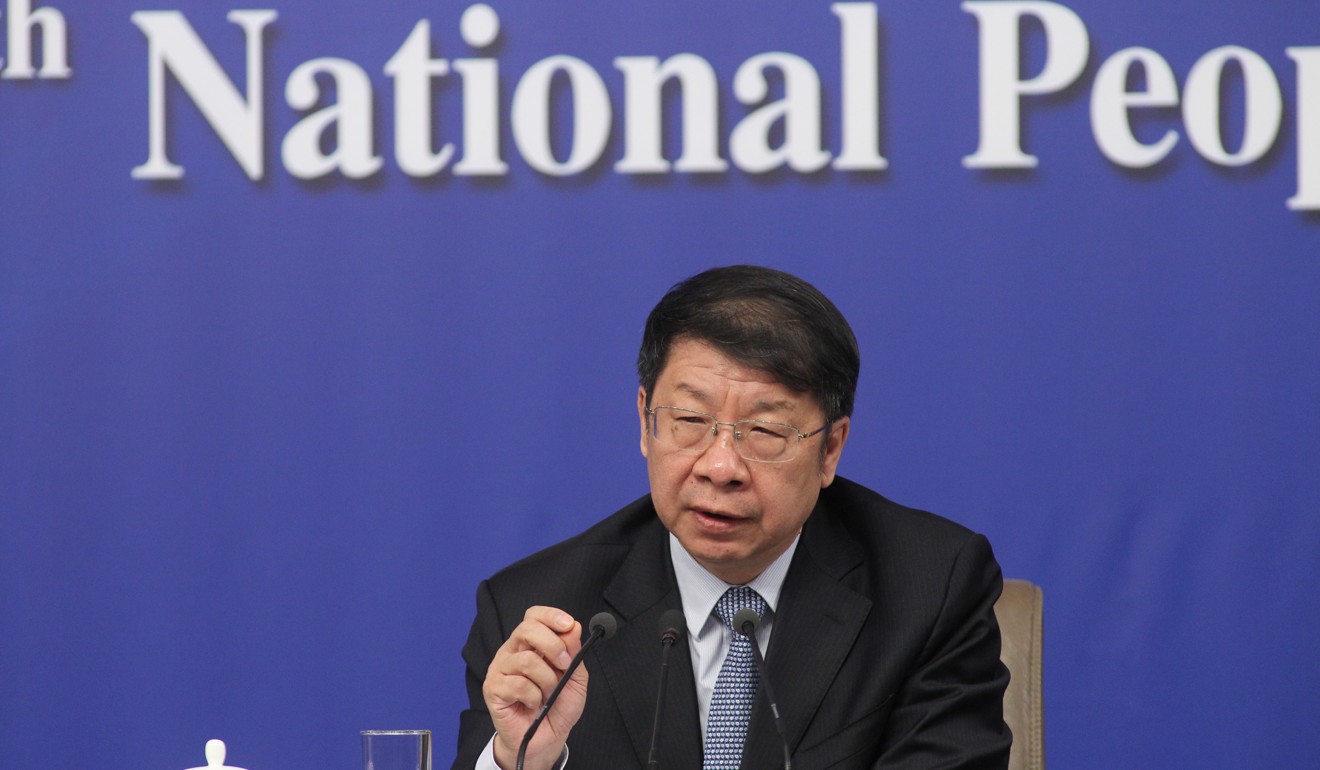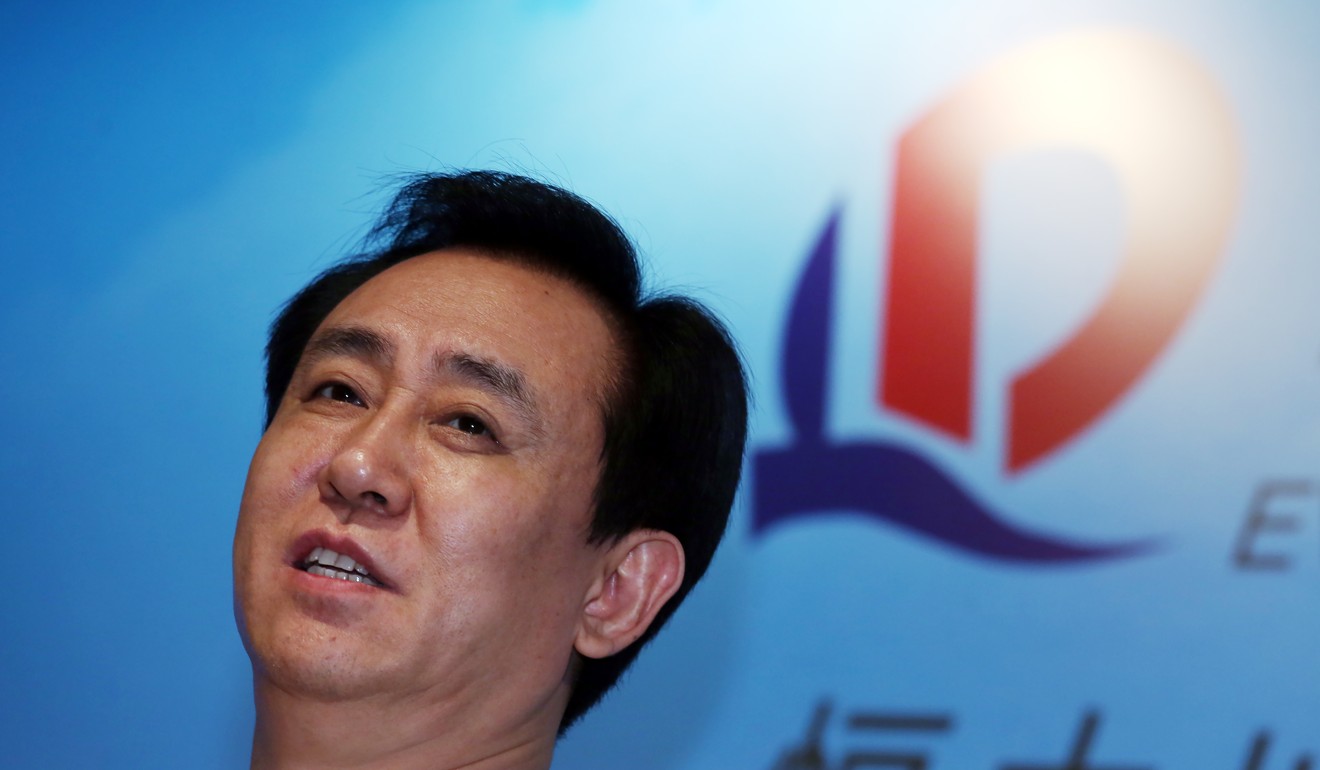
Like US and Hong Kong, China is cutting taxes for its middle class too
Threshold for personal income tax will be raised, but details yet to be finalised
China’s finance ministry says it is working on a proposal to cut personal income taxes, months after US President Donald Trump unveiled tax reforms for US households and two weeks after Hong Kong announced its tax overhaul.
While the details have not been finalised, Shi Yaobin, deputy finance minister, told reporters in Beijing on Wednesday that the authorities planned to raise the threshold for personal income tax based on changes in basic living expenses. The tax threshold was increased to 3,500 yuan (US$550) from 2,000 yuan (US$315) in 2011.
In addition, Beijing is considering increasing the base income for taxation by including other sources such as remuneration and adding more deductions, including for children’s education and medical treatment for critical illnesses.

China at present has a progressive personal income tax system and the tax burden can be as high as 45 per cent at the top end, with few allowable deductions.
In Hong Kong, a couple earning HK$700,000 (US$89,300) a year with two children would have paid about HK$21,000 (US$2,600) in salary taxes in 2017, and will pay only HK$11,000 under the 2018 rates.
In mainland China, the tax burden for the same couple would be about HK$120,000 – or about 10 times more than they will pay under Hong Kong’s new regime.
For wage earners, mainland China’s personal income tax system is in dire need of change.
Hu Qian, a senior manager with an internet firm in Beijing, said the tax regime was unfair.
“Personal income taxes are a heavy burden for salary earners ... they’re squeezing China’s middle class, along with the high property prices,” Hu said.
Cui Chuangang, a freelancer translator whose income is subject to 20 per cent tax, also believed the system was hitting the middle class hardest.
“In China, there’s no tax on profits from property speculation, there’s no tax when you’re speculating on securities – but if you actually work, there’s a big tax bill,” Cui said.
For tax experts, an overhaul of the system is long overdue amid worries that it could be deterring consumer spending.
The Chinese government collected about 1.19 trillion yuan in personal income tax last year, an increase of 18.6 per cent from 2016. That growth outpaced an increase of 7.3 per cent in per capita income and 6.9 per cent in GDP growth.
“The current threshold of [3,500 yuan] is too low – just look at how much consumer prices have increased. In other countries, tax exemption is usually adjusted in line with inflation, but China doesn’t have this system,” said Ma Jun, a taxation researcher from the Chinese Academy of Social Sciences.

Delegates at the annual sessions of the legislature and political advisory body have offered their own proposals to lower the tax burden for Chinese consumers.
The All-China Federation of Industry and Commerce, the country’s largest industry group, proposed raising the income tax threshold to 7,000 yuan a month.
Hui Ka-yan, also known as Xu Jiayin, a Chinese billionaire and the chairman of Evergrande Group, went further, suggesting it be raised to 10,000 yuan a month.
The legislature is also looking at taxing property under a controversial tax code that has been under discussion for years, though it is still a long way off as it is being reviewed at the draft stage.
Levying tax on property – by far the biggest investment for Chinese households – has the potential to weigh on prices. After the market was privatised in the 1990s, setting off a property boom in top-tier cities, capital gains from real estate have grown significantly.
“The property tax could boost government revenues and help adjust the distribution of incomes to push for a fairer society,” Shi said.
During the drafting process, legislators will consider the common features of property taxes in other countries, such as giving exemptions to low-income families and allowing local governments to include the tax as part of their revenues.

